Mukti Means Freedom
“It’s a girl!” The nurse expected the mother to extend her arms to reach for her baby. Instead, the woman buried her face in her hands, her whole body shaking as she sobbed.
“Why are you crying? She’s a beautiful baby!” the nurse asked.
“She is my seventh girl,” the mother wept. “My husband said that if I brought back a girl this time, he would kill both of us.”
“There is a place nearby called Mukti Mission. She will be safe there.”
“To be born a girl is a shameful thing.”
In India, women have historically faced intense discrimination and violence, even in the womb. Sex-selective abortion and female infanticide have caused India’s sex ratio to be heavily skewed toward men, although the ratio is slowly normalizing through laws and awareness initiatives. Male children are preferred in part because of the expense of the illegal (but widely practiced) dowry tradition, which causes many families to view daughters as an economic burden.
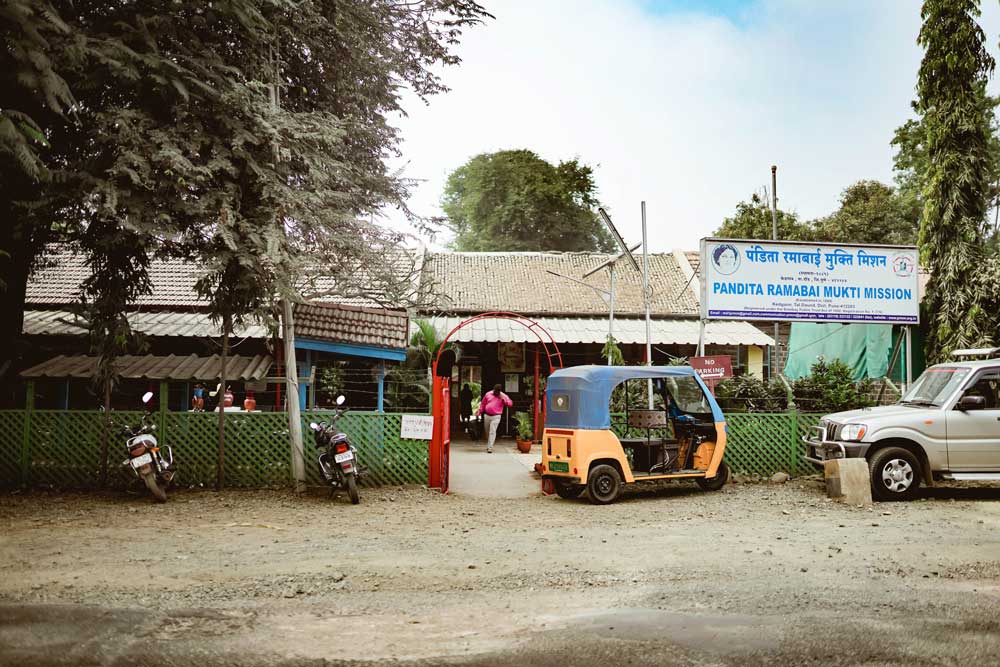
“To be born a girl is seen as such a shameful thing,” says Lorraine Francis, Haggai leader and mission director of Mukti Mission. “People think India is so advanced because we’ve made strides in science and medicine. But in this area [of gender equality], we are so behind.”
Because of gender discrimination and patriarchal social norms, girls in India are at high risk for trauma and abuse: 40% of the world’s child marriages occur in India, and over 70% of women in India are victims of domestic violence. A crime is committed against a woman every three minutes and a dowry death occurs every 77 minutes.* It’s estimated that over three million women and children are involved in India’s multi-billion-dollar commercial sex industry.
Mukti means freedom
“At Mukti, we offer freedom from the trauma, the abuse, and social evils,” says Lorraine. “John 10:10 says, ‘The evil one comes to kill and destroy,’ but Jesus says, ‘I have come that they might have life and life to the fullest.’”
In Sanskrit, Mukti means “freedom,” or “salvation.” Mukti Mission was founded in 1889 by Christian social reformer Pandita Ramabai as a school for child widows who were shunned and shamed in 19th century Indian society.
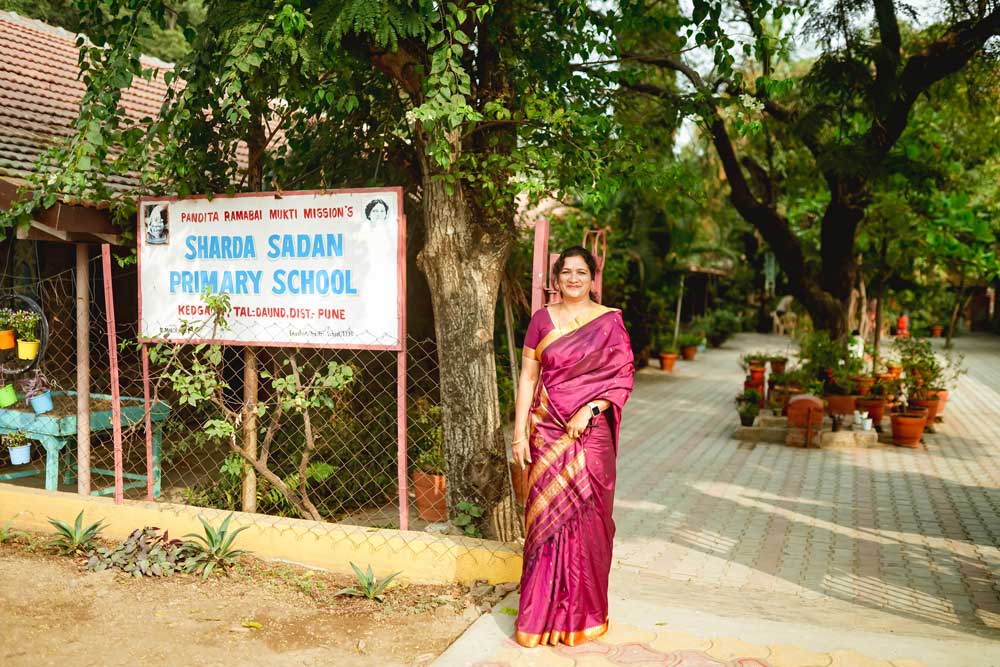
Mukti now serves disadvantaged women and children in 16 locations across six states of India. In its 134-year history, Mukti has served over 100,000 women and children, offering programs that impact the physical, spiritual, and emotional well-being of vulnerable women and children from their first day on Earth until their last. All these initiatives work together to create an environment where women and children — irrespective of their background or age — are accepted, cared for, transformed, and empowered.”
“When the women come, they are downcast. They have no hope, no future,” says Anil Francis, Lorraine’s husband and Mukti’s chief administrative officer. “But being here in Mukti, they’re transformed. Their gifts, their talents, their treasures are taken out from their hearts and brought to life. They become movers and shakers — change makers — so that they can impact society and the next generation. I believe if you reach a woman, you reach the world.”
Girls who come to Mukti go on to earn college degrees and become lawyers, doctors, teachers, nurses, social workers, businesswomen, engineers, and mothers.
M** was brought to Mukti as a 3-month-old baby. She has remained at Mukti for over 30 years and now serves the next generation of Mukti daughters.
“My grandmother left me here in front of Mukti’s gate because my parents wanted a boy child to continue their generation, and I was a girl child,” M says. “Many times, a thought comes in my mind: If there was no Mukti, where would I be today? Mukti is my home, my family, and my place of comfort.”
Anil and Lorraine Francis
Haggai leaders Anil and Lorraine came to Mukti Mission in 1988. In 2010, Lorraine became mission director, and Anil was named chief administrative officer. Lorraine grew up in a religious family, but she did not know Jesus personally. As an adult, a colleague gave Lorraine a Gospel tract that explained John 14:6 — “I am the Way, the Truth, and the Life.” In the quiet of her room, she felt Jesus inviting her to follow Him.
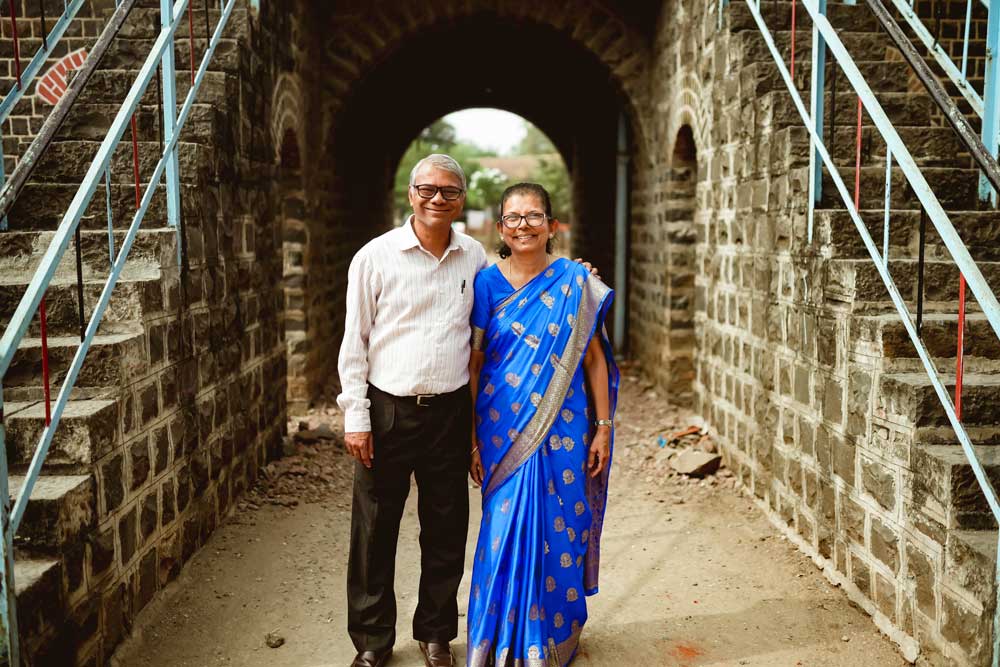
Because of her choice, her family forced her to move out of her home, but a family from her church welcomed her into theirs. Within a year, she was married to Anil, the colleague who had shared the Gospel with her.
Anil and Lorraine work closely together at Mukti, respecting and uplifting one another as colleagues and as husband and wife. At the end of each day, they kneel beside their bed, hold hands, and pray over what transpired the previous 24 hours and for strength and wisdom for the next.
Under Lorraine’s and Anil’s leadership, Mukti Mission was awarded the Mother Teresa Award for social justice by the Harmony Association in 2012. In 2019, Lorraine was awarded an honorary doctorate in ministry by the United Church Ministries, A.P. India. Both Anil and Lorraine say the Haggai Leader Experience transformed the way they lead at Mukti.
“I have been sharing about Haggai with many of my colleagues,” Anil says. “We brought Haggai equipping into Mukti so all our colleagues will know what leadership is about.”
Mukti Means Freedom
Currently, Mukti is a family of over 1,500 women and children and offers schooling for 3,000 students. As Anil and Lorraine meet rampant needs, Mukti continues to expand. Children are dropped at Mukti’s gates daily. And beyond the gates, Anil, Lorraine, and their team are reaching a nearby red-light district with a daycare center for mothers working in the sex industry. Mukti now cares for more than 300 young children at that center each day. The headquarters will soon be a home to more than 10,000 undergraduates who come from underprivileged backgrounds.
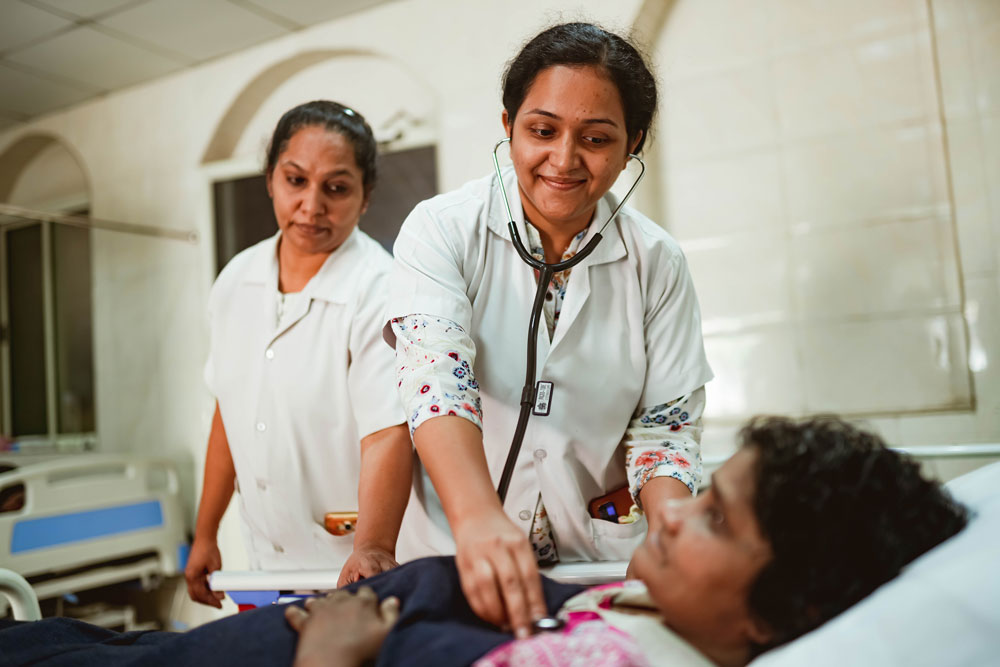
But even as expansion happens, Mukti will always be one thing: home. This year, hundreds of young people will come home to Mukti for the holidays from their universities or jobs in cities. They’ll run up the stairs to visit Mukti’s “Pearls,” a group of elderly blind women who have been at Mukti since birth and now weave beautiful baskets and sing Psalms. Or, they’ll burst through the doors to find a happy group of children born with special needs, clapping their hands, painting, and hugging their house mothers.
Because of the courage of Pandita Ramabai so many years ago and the faithfulness of two Haggai leaders today, rescued women and children have a future. Today, when a newborn baby is left underneath the arched gates of Mukti, there is a rush to the gate to bring her in. “It’s a girl!” they’ll exclaim with joy. She’s given warm milk and a bath, and then held tightly in the arms of her new family. This treasured child is welcomed home.
Written by Jill Clair Gentry
Mukti Means Freedom
“It’s a girl!” The nurse expected the mother to extend her arms to reach for her baby. Instead, the woman buried her face in her hands, her whole body shaking as she sobbed.
“Why are you crying? She’s a beautiful baby!” the nurse asked.
“She is my seventh girl,” the mother wept. “My husband said that if I brought back a girl this time, he would kill both of us.”
“There is a place nearby called Mukti Mission. She will be safe there.”
“To be born a girl is a shameful thing.”
In India, women have historically faced intense discrimination and violence, even in the womb. Sex-selective abortion and female infanticide have caused India’s sex ratio to be heavily skewed toward men, although the ratio is slowly normalizing through laws and awareness initiatives. Male children are preferred in part because of the expense of the illegal (but widely practiced) dowry tradition, which causes many families to view daughters as an economic burden.

“To be born a girl is seen as such a shameful thing,” says Lorraine Francis, Haggai leader and mission director of Mukti Mission. “People think India is so advanced because we’ve made strides in science and medicine. But in this area [of gender equality], we are so behind.”
Because of gender discrimination and patriarchal social norms, girls in India are at high risk for trauma and abuse: 40% of the world’s child marriages occur in India, and over 70% of women in India are victims of domestic violence. A crime is committed against a woman every three minutes and a dowry death occurs every 77 minutes.* It’s estimated that over three million women and children are involved in India’s multi-billion-dollar commercial sex industry.
Mukti means freedom
“At Mukti, we offer freedom from the trauma, the abuse, and social evils,” says Lorraine. “John 10:10 says, ‘The evil one comes to kill and destroy,’ but Jesus says, ‘I have come that they might have life and life to the fullest.’”
In Sanskrit, Mukti means “freedom,” or “salvation.” Mukti Mission was founded in 1889 by Christian social reformer Pandita Ramabai as a school for child widows who were shunned and shamed in 19th century Indian society.

Mukti now serves disadvantaged women and children in 16 locations across six states of India. In its 134-year history, Mukti has served over 100,000 women and children, offering programs that impact the physical, spiritual, and emotional well-being of vulnerable women and children from their first day on Earth until their last. All these initiatives work together to create an environment where women and children — irrespective of their background or age — are accepted, cared for, transformed, and empowered.”
“When the women come, they are downcast. They have no hope, no future,” says Anil Francis, Lorraine’s husband and Mukti’s chief administrative officer. “But being here in Mukti, they’re transformed. Their gifts, their talents, their treasures are taken out from their hearts and brought to life. They become movers and shakers — change makers — so that they can impact society and the next generation. I believe if you reach a woman, you reach the world.”
Girls who come to Mukti go on to earn college degrees and become lawyers, doctors, teachers, nurses, social workers, businesswomen, engineers, and mothers.
M** was brought to Mukti as a 3-month-old baby. She has remained at Mukti for over 30 years and now serves the next generation of Mukti daughters.
“My grandmother left me here in front of Mukti’s gate because my parents wanted a boy child to continue their generation, and I was a girl child,” M says. “Many times, a thought comes in my mind: If there was no Mukti, where would I be today? Mukti is my home, my family, and my place of comfort.”
Anil and Lorraine Francis
Haggai leaders Anil and Lorraine came to Mukti Mission in 1988. In 2010, Lorraine became mission director, and Anil was named chief administrative officer. Lorraine grew up in a religious family, but she did not know Jesus personally. As an adult, a colleague gave Lorraine a Gospel tract that explained John 14:6 — “I am the Way, the Truth, and the Life.” In the quiet of her room, she felt Jesus inviting her to follow Him.

Because of her choice, her family forced her to move out of her home, but a family from her church welcomed her into theirs. Within a year, she was married to Anil, the colleague who had shared the Gospel with her.
Anil and Lorraine work closely together at Mukti, respecting and uplifting one another as colleagues and as husband and wife. At the end of each day, they kneel beside their bed, hold hands, and pray over what transpired the previous 24 hours and for strength and wisdom for the next.
Under Lorraine’s and Anil’s leadership, Mukti Mission was awarded the Mother Teresa Award for social justice by the Harmony Association in 2012. In 2019, Lorraine was awarded an honorary doctorate in ministry by the United Church Ministries, A.P. India. Both Anil and Lorraine say the Haggai Leader Experience transformed the way they lead at Mukti.
“I have been sharing about Haggai with many of my colleagues,” Anil says. “We brought Haggai equipping into Mukti so all our colleagues will know what leadership is about.”
Mukti Means Freedom
Currently, Mukti is a family of over 1,500 women and children and offers schooling for 3,000 students. As Anil and Lorraine meet rampant needs, Mukti continues to expand. Children are dropped at Mukti’s gates daily. And beyond the gates, Anil, Lorraine, and their team are reaching a nearby red-light district with a daycare center for mothers working in the sex industry. Mukti now cares for more than 300 young children at that center each day. The headquarters will soon be a home to more than 10,000 undergraduates who come from underprivileged backgrounds.

But even as expansion happens, Mukti will always be one thing: home. This year, hundreds of young people will come home to Mukti for the holidays from their universities or jobs in cities. They’ll run up the stairs to visit Mukti’s “Pearls,” a group of elderly blind women who have been at Mukti since birth and now weave beautiful baskets and sing Psalms. Or, they’ll burst through the doors to find a happy group of children born with special needs, clapping their hands, painting, and hugging their house mothers.
Because of the courage of Pandita Ramabai so many years ago and the faithfulness of two Haggai leaders today, rescued women and children have a future. Today, when a newborn baby is left underneath the arched gates of Mukti, there is a rush to the gate to bring her in. “It’s a girl!” they’ll exclaim with joy. She’s given warm milk and a bath, and then held tightly in the arms of her new family. This treasured child is welcomed home.
Written by Jill Clair Gentry
Mukti Means Freedom
“It’s a girl!” The nurse expected the mother to extend her arms to reach for her baby. Instead, the woman buried her face in her hands, her whole body shaking as she sobbed.
“Why are you crying? She’s a beautiful baby!” the nurse asked.
“She is my seventh girl,” the mother wept. “My husband said that if I brought back a girl this time, he would kill both of us.”
“There is a place nearby called Mukti Mission. She will be safe there.”
“To be born a girl is a shameful thing.”
In India, women have historically faced intense discrimination and violence, even in the womb. Sex-selective abortion and female infanticide have caused India’s sex ratio to be heavily skewed toward men, although the ratio is slowly normalizing through laws and awareness initiatives. Male children are preferred in part because of the expense of the illegal (but widely practiced) dowry tradition, which causes many families to view daughters as an economic burden.

“To be born a girl is seen as such a shameful thing,” says Lorraine Francis, Haggai leader and mission director of Mukti Mission. “People think India is so advanced because we’ve made strides in science and medicine. But in this area [of gender equality], we are so behind.”
Because of gender discrimination and patriarchal social norms, girls in India are at high risk for trauma and abuse: 40% of the world’s child marriages occur in India, and over 70% of women in India are victims of domestic violence. A crime is committed against a woman every three minutes and a dowry death occurs every 77 minutes.* It’s estimated that over three million women and children are involved in India’s multi-billion-dollar commercial sex industry.
Mukti means freedom
“At Mukti, we offer freedom from the trauma, the abuse, and social evils,” says Lorraine. “John 10:10 says, ‘The evil one comes to kill and destroy,’ but Jesus says, ‘I have come that they might have life and life to the fullest.’”
In Sanskrit, Mukti means “freedom,” or “salvation.” Mukti Mission was founded in 1889 by Christian social reformer Pandita Ramabai as a school for child widows who were shunned and shamed in 19th century Indian society.

Mukti now serves disadvantaged women and children in 16 locations across six states of India. In its 134-year history, Mukti has served over 100,000 women and children, offering programs that impact the physical, spiritual, and emotional well-being of vulnerable women and children from their first day on Earth until their last. All these initiatives work together to create an environment where women and children — irrespective of their background or age — are accepted, cared for, transformed, and empowered.”
“When the women come, they are downcast. They have no hope, no future,” says Anil Francis, Lorraine’s husband and Mukti’s chief administrative officer. “But being here in Mukti, they’re transformed. Their gifts, their talents, their treasures are taken out from their hearts and brought to life. They become movers and shakers — change makers — so that they can impact society and the next generation. I believe if you reach a woman, you reach the world.”
Girls who come to Mukti go on to earn college degrees and become lawyers, doctors, teachers, nurses, social workers, businesswomen, engineers, and mothers.
M** was brought to Mukti as a 3-month-old baby. She has remained at Mukti for over 30 years and now serves the next generation of Mukti daughters.
“My grandmother left me here in front of Mukti’s gate because my parents wanted a boy child to continue their generation, and I was a girl child,” M says. “Many times, a thought comes in my mind: If there was no Mukti, where would I be today? Mukti is my home, my family, and my place of comfort.”
Anil and Lorraine Francis
Haggai leaders Anil and Lorraine came to Mukti Mission in 1988. In 2010, Lorraine became mission director, and Anil was named chief administrative officer. Lorraine grew up in a religious family, but she did not know Jesus personally. As an adult, a colleague gave Lorraine a Gospel tract that explained John 14:6 — “I am the Way, the Truth, and the Life.” In the quiet of her room, she felt Jesus inviting her to follow Him.

Because of her choice, her family forced her to move out of her home, but a family from her church welcomed her into theirs. Within a year, she was married to Anil, the colleague who had shared the Gospel with her.
Anil and Lorraine work closely together at Mukti, respecting and uplifting one another as colleagues and as husband and wife. At the end of each day, they kneel beside their bed, hold hands, and pray over what transpired the previous 24 hours and for strength and wisdom for the next.
Under Lorraine’s and Anil’s leadership, Mukti Mission was awarded the Mother Teresa Award for social justice by the Harmony Association in 2012. In 2019, Lorraine was awarded an honorary doctorate in ministry by the United Church Ministries, A.P. India. Both Anil and Lorraine say the Haggai Leader Experience transformed the way they lead at Mukti.
“I have been sharing about Haggai with many of my colleagues,” Anil says. “We brought Haggai equipping into Mukti so all our colleagues will know what leadership is about.”
Mukti Means Freedom
Currently, Mukti is a family of over 1,500 women and children and offers schooling for 3,000 students. As Anil and Lorraine meet rampant needs, Mukti continues to expand. Children are dropped at Mukti’s gates daily. And beyond the gates, Anil, Lorraine, and their team are reaching a nearby red-light district with a daycare center for mothers working in the sex industry. Mukti now cares for more than 300 young children at that center each day. The headquarters will soon be a home to more than 10,000 undergraduates who come from underprivileged backgrounds.

But even as expansion happens, Mukti will always be one thing: home. This year, hundreds of young people will come home to Mukti for the holidays from their universities or jobs in cities. They’ll run up the stairs to visit Mukti’s “Pearls,” a group of elderly blind women who have been at Mukti since birth and now weave beautiful baskets and sing Psalms. Or, they’ll burst through the doors to find a happy group of children born with special needs, clapping their hands, painting, and hugging their house mothers.
Because of the courage of Pandita Ramabai so many years ago and the faithfulness of two Haggai leaders today, rescued women and children have a future. Today, when a newborn baby is left underneath the arched gates of Mukti, there is a rush to the gate to bring her in. “It’s a girl!” they’ll exclaim with joy. She’s given warm milk and a bath, and then held tightly in the arms of her new family. This treasured child is welcomed home.
Written by Jill Clair Gentry
Comments
Comments
-
What an incredible story of the transformational provision and abundance of God! He takes the situations in our lives for what was meant for harm and brings so much goodness and hope into them. My husband and I have volunteered at the Haggai ministry in Maui and met many wonderful future Haggai leaders. They become the change makers. We praise God for the founder John Haggai who based his ministry believing that in order for us to be truly transformed, God must be in it!




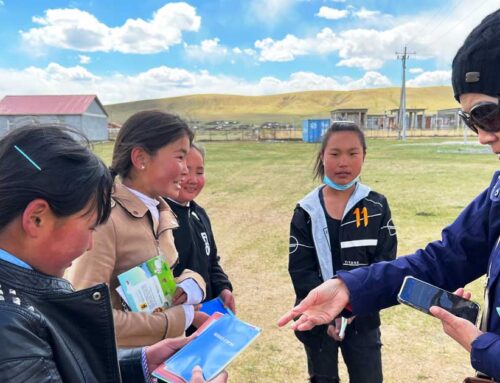
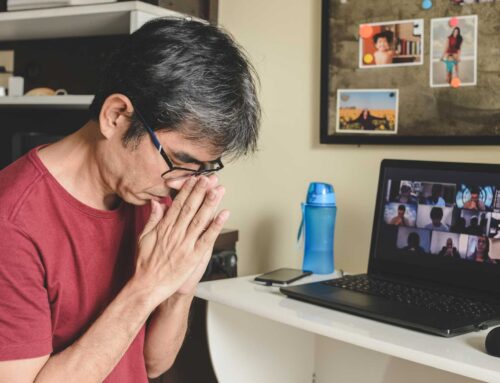


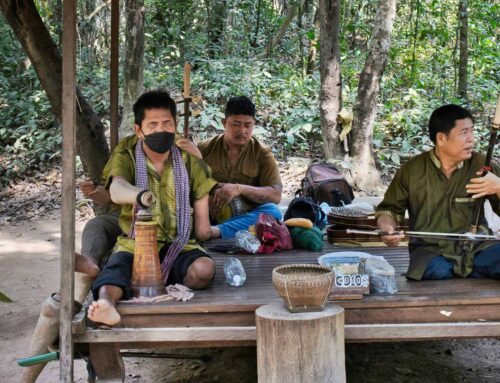







What an incredible story of the transformational provision and abundance of God! He takes the situations in our lives for what was meant for harm and brings so much goodness and hope into them. My husband and I have volunteered at the Haggai ministry in Maui and met many wonderful future Haggai leaders. They become the change makers. We praise God for the founder John Haggai who based his ministry believing that in order for us to be truly transformed, God must be in it!